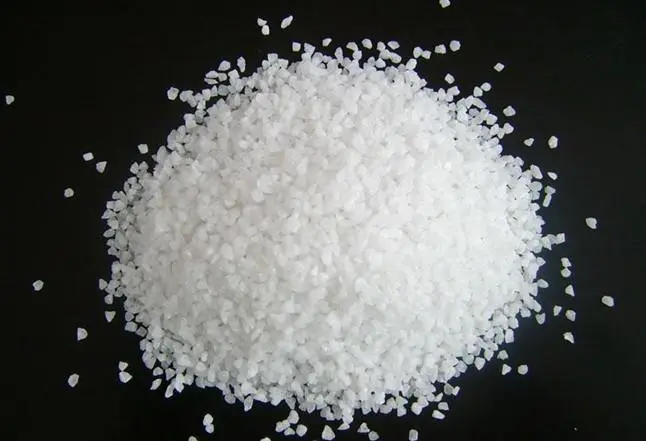
Understanding the Role of Calcium Carbonate in Antacid Formulations and Its Health Benefits
Calcium Carbonate and Its Role as an Antacid
Calcium carbonate is a naturally occurring compound that is widely used in various industries, including agriculture, construction, and pharmaceuticals. One of its most notable applications is within the realm of medicine, particularly as an antacid. Antacids are substances that help neutralize stomach acid, providing relief from conditions such as heartburn, indigestion, and acid reflux. This article delves into the properties of calcium carbonate, its mechanism of action as an antacid, and the benefits and considerations associated with its use.
Understanding Calcium Carbonate
Calcium carbonate (CaCO3) is a white, odorless powder that is found in rocks, sedimentary layers, and even the shells of marine organisms. It is a versatile substance with numerous applications, including being a key ingredient in chalk, limestone, and marble. In its pharmaceutical form, calcium carbonate is available over-the-counter in various formulations such as tablets, chewables, and liquid solutions.
Mechanism of Action
When ingested, calcium carbonate reacts with stomach acid (hydrochloric acid) to form calcium chloride, water, and carbon dioxide. This reaction effectively raises the pH level in the stomach, providing swift relief from acidity. The carbonate in the compound acts as a buffering agent, preventing excessive acidity that can lead to discomfort. The production of carbon dioxide during this reaction is responsible for the bloating some individuals may experience; however, for most, the relief from the burning sensation often outweighs this side effect.
Benefits of Calcium Carbonate as an Antacid
calcium carbonate calcimate antacid

One of the primary benefits of using calcium carbonate as an antacid is its rapid action. Many users report feeling relief within minutes of ingestion, making it a preferred choice for those seeking quick relief from gastric distress. Additionally, calcium carbonate serves a dual purpose it not only alleviates heartburn and indigestion but also provides a supplemental source of calcium, which is essential for bone health. This makes it particularly valuable for individuals who may be at risk of osteoporosis or those who do not obtain sufficient calcium through dietary sources.
Another advantage is that calcium carbonate-based antacids are widely available and affordable, often found in local pharmacies and supermarkets. They are also safe for most people when used as directed, making them accessible for a broad demographic.
Considerations and Side Effects
While calcium carbonate is generally safe for occasional use, there are some considerations to keep in mind. Overuse can lead to a condition known as milk-alkali syndrome, which results from excessive calcium and alkaline substances in the bloodstream. Symptoms may include nausea, vomiting, headaches, and even kidney issues in severe cases. It is crucial for individuals to adhere to recommended dosages and seek guidance from healthcare professionals if symptoms persist.
Furthermore, those with specific health conditions, such as kidney disease or hypercalcemia, should avoid calcium carbonate and consult their healthcare provider before use. Pregnant or breastfeeding women should also seek medical advice before using antacids containing calcium carbonate to ensure safety for both mother and child.
Conclusion
Calcium carbonate is a powerful and effective antacid that offers quick relief from gastric acidity while also providing a necessary mineral for bone health. Its benefits often outweigh potential drawbacks when used appropriately. As with any medication or supplement, awareness of personal health conditions and consultation with healthcare professionals can help ensure safe and effective use. Understanding the properties and effects of calcium carbonate can empower individuals to make informed decisions about managing their digestive health.
Share
-
Premium Pigment Supplier Custom Solutions & Bulk OrdersNewsMay.30,2025
-
Top China Slag Fly Ash Manufacturer OEM Factory SolutionsNewsMay.30,2025
-
Natural Lava Rock & Pumice for Landscaping Durable Volcanic SolutionsNewsMay.30,2025
-
Custom Micro Silica Fume Powder Manufacturers High-Purity SolutionsNewsMay.29,2025
-
Custom Mica Powder Pigment Manufacturers Vibrant Colors & Bulk OrdersNewsMay.29,2025
-
Custom Micro Silica Fume Powder Manufacturers Premium QualityNewsMay.29,2025






